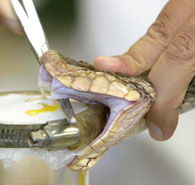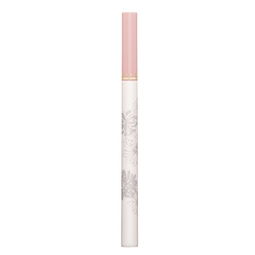Understanding the Brown Recluse Bite

The brown recluse spider, also known as the fiddleback spider, is a venomous arachnid native to the southeastern United States. Its bite can cause severe skin damage and other complications. If you suspect you’ve been bitten by a brown recluse, it’s crucial to understand the treatment options available to you.
Immediate First Aid

After being bitten by a brown recluse, the first step is to clean the wound thoroughly with soap and water. This helps prevent infection. Avoid applying any ointments or other substances to the bite, as these can trap venom and worsen the condition.
Monitoring the Bite

Keep a close eye on the bite area for any signs of infection, such as redness, swelling, or pus. If you notice any of these symptoms, seek medical attention promptly.
Topical Treatments
Several topical treatments can be effective in managing the symptoms of a brown recluse bite. These include:
| Topical Treatment | Effectiveness | Side Effects |
|---|---|---|
| Hydrocortisone Cream | Reduces swelling and itching | May cause skin irritation |
| Calamine Lotion | Reduces itching | May cause skin irritation |
| Antihistamines | Reduces itching and swelling | May cause drowsiness |
Oral Medications
In some cases, oral medications may be prescribed to manage the symptoms of a brown recluse bite. These include:
| Oral Medication | Effectiveness | Side Effects |
|---|---|---|
| Antihistamines | Reduces itching and swelling | May cause drowsiness |
| Nonsteroidal Anti-Inflammatory Drugs (NSAIDs) | Reduces pain and inflammation | May cause stomach upset |
Antivenom
In severe cases, antivenom may be administered to counteract the venom. This treatment is typically reserved for individuals with a history of severe reactions or those who are experiencing life-threatening symptoms. Antivenom is not widely available and may require transportation to a specialized medical facility.
Preventing Future Bites
Preventing future bites is essential, especially if you live in an area where brown recluse spiders are common. Here are some tips to help you avoid these spiders:
- Keep your home clean and clutter-free, as spiders seek shelter in dark, undisturbed areas.
- Seal any cracks or gaps in your home’s foundation and exterior walls.
- Use a vacuum cleaner to remove spiders and their eggs from your home.
- Wear gloves when handling items found outdoors, such as boxes or clothing.
Conclusion
Understanding the treatment options for a brown recluse bite can help you manage the symptoms and prevent complications. If you suspect you’ve been bitten by a brown recluse, seek medical attention promptly and follow the recommended treatment plan.






